The ”unhidden gem” of Italy: Lugana DOC (2)
Posted on August 5, 2014
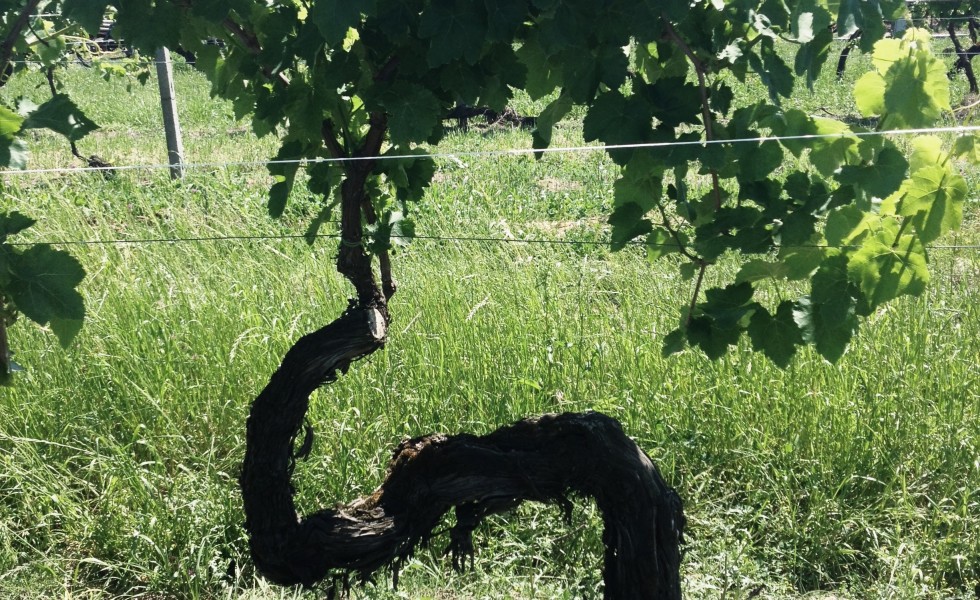
By Rita Tóth, for wine-chronicles.com
(This three-part blog also has appeared in Jens De Maere’s Belgian Wino blog with full permission of the author)
Part 1 was a short overview of the Lugana region, but now we examine the surprising aging potential of some of its best wines.
AGEING POTENTIAL
Although 90% of the regions’ production is the ’basic Lugana’ style – as Italian consumers tend to drink the wine within one year – the average aging potential of the best Lugana wines ranges between 10-15 years, based on my tasting experiences.
They show their best at this age, although I encountered others that could age longer, due to the high tartaric acid and dry extract content of the grape variety itself. The mineral quality of the wines develops by aging. The early stages are about fruit and freshness, but – trust me – it’s worth waiting a bit more.
The “unhidden gem” of Italy: Lugana DOC (1)
Posted on August 5, 2014
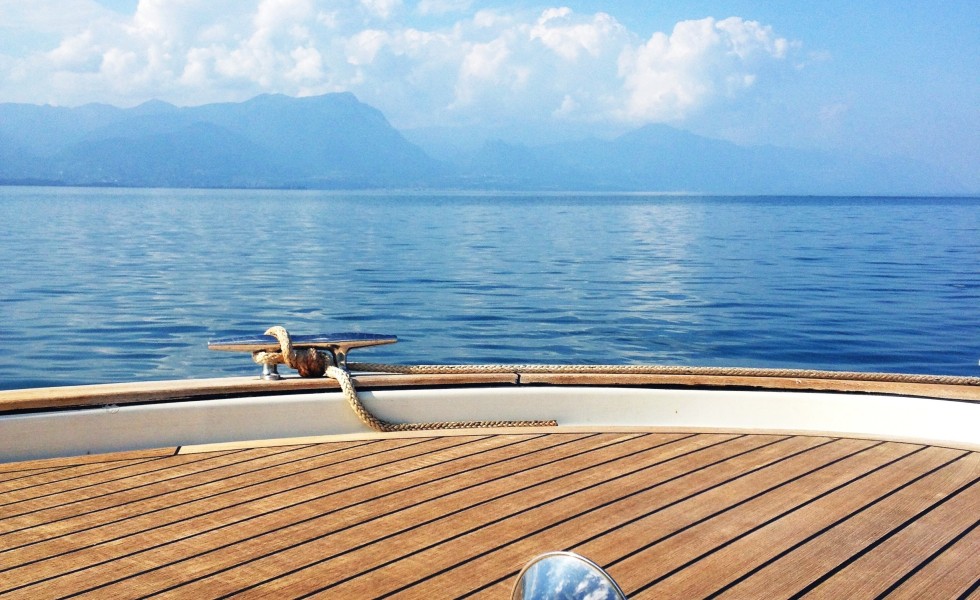
By Rita Tóth, for wine-chronicles.com
(This three-part blog also has appeared in Jens De Maere’s Belgian Wino blog with full permission of the author)
Even though more than 70% of Lugana DOC wines are exported – mainly to Germany, USA, Belgium, Northern Europe, China, Japan and UK – many people may have never heard of this fine Italian wine region because it is a small appellation in the southern part of Lake Garda in Northern Italy. A gem of a location, divided between the provinces of Veneto and Lombardy.
During a 4-day trip organized and fully paid by Consorzio Tutela Lugana and Fermenti Digitali, our group of #winelovers managed to taste wines from over 25 producers which gave us thorough insight into this 1,200 ha large region which actually packs in some 120 or so producers.
Thierry Brouin of Clos des Lambrays
Posted on July 29, 2014
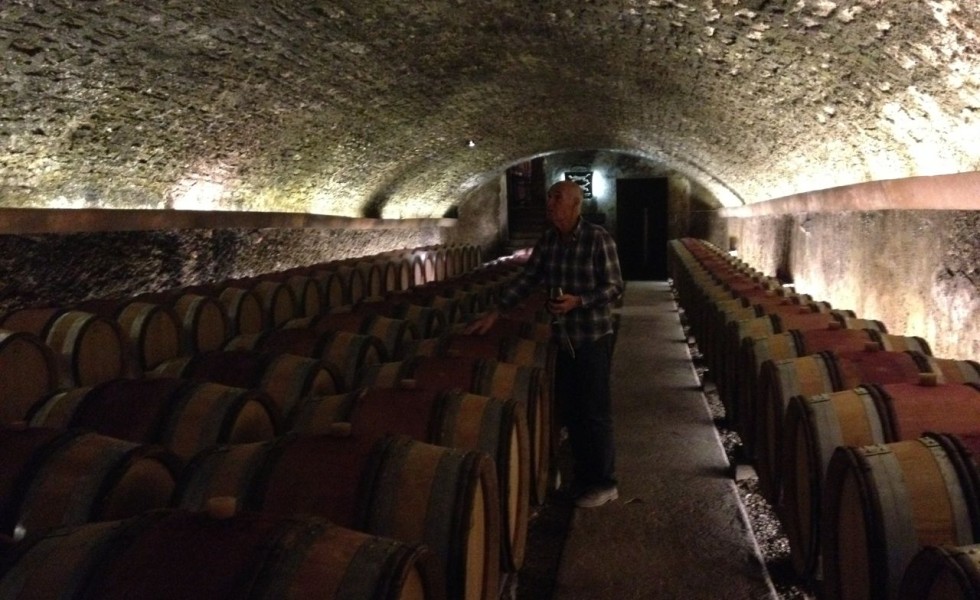
For the past 35 years, Thierry Brouin, 66, has been winemaking director at Domaine des Lambrays in Morey St Denis. Formerly a consultant for the national French appellation authority INAO (1975-1980) and an oenologist by training, Brouin is widely recognized as having revived the fortunes of the estate – which is mainly known for its production of the grand cru Clos des Lambrays. He will stay on as director following the purchase of the domain for about €100m this past April by the French luxury group LVMH.
Look out for my feature article in Decanter on Clos des Lambrays.
A question-and-answer profile with Mr. Brouin has now been published in Wine-Searcher.com.
Exclusive to wine-chronicles: his opinions on natural wine, on climate change and other interesting stuff :-).
Yellow Tail: Was expecting horror, got boredom instead
Posted on July 26, 2014
By Panos Kakaviatos for wine-chronicles.com
Ripe plum aromas and “bold smooth and easy on the palate”, according to the website.
Certainly “easy” is apt: Easily one of the most boring wines I have had – my first ever taste of a Yellow Tail, in this case the Merlot 2013.
After having enjoyed some truly exceptional wines from Australia, last year during a special dinner in Germany, this was an evident pass although I can understand its being popular: cheap – about 4.50 euros – and quaffable for the uncritical.
Now I did compare it with a wine that is three times as expensive – and the latter wine was far more interesting the Lenz Moser Klosterkeller Siegendorf 2011 from Burgenland, Austria, a blend of Cabernet Sauvignon and Merlot.
Let’s party like its 1999: Ga ga over the La La’s
Posted on July 23, 2014
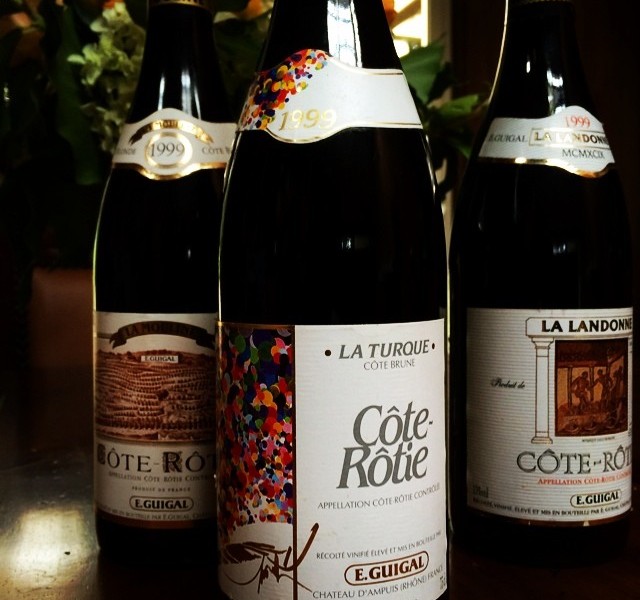
It’s 2014. Just about 15 years since the 1999 harvest. I remember listening to Prince singing “Let’s Party Like its 1999” back in the day. So, yes, time flies. In the Northern Rhône harvested Syrah grapes were among the healthiest and ripest ever seen, observers noted, leading to voluptuous, deeply colored wines with finely structured tannins and opulent fruit.
So with both visceral and vicarious pleasure, I read these fine notes by Christine Havens, who is now the #1 wine reviewer on Vivino, the most downloaded and used wine app in the world. I first got to know Christine when she worked for Grands Vin Wine Merchants in Olympia, as marketing specialist and “social media songbird”. Christine also was winemaker and marketing director of Wawawai Canyon Winery in Pullman, Washington from 2003 to 2011. She is now devoting herself to wine writing and – my goodness – she has been experiencing great wines. Like these, for example 🙂
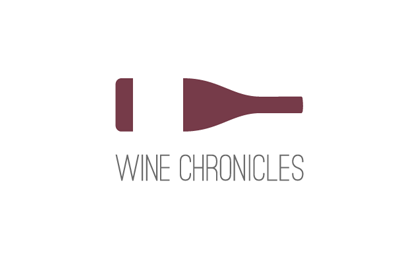 Wine Chronicles
Wine Chronicles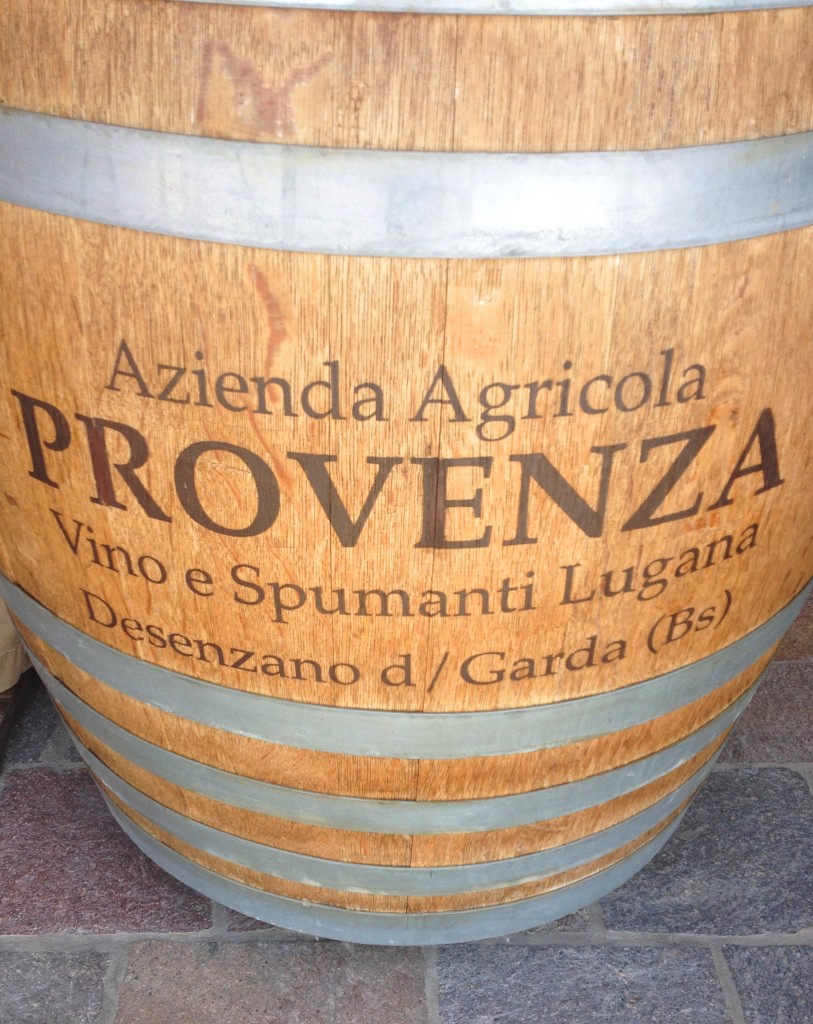
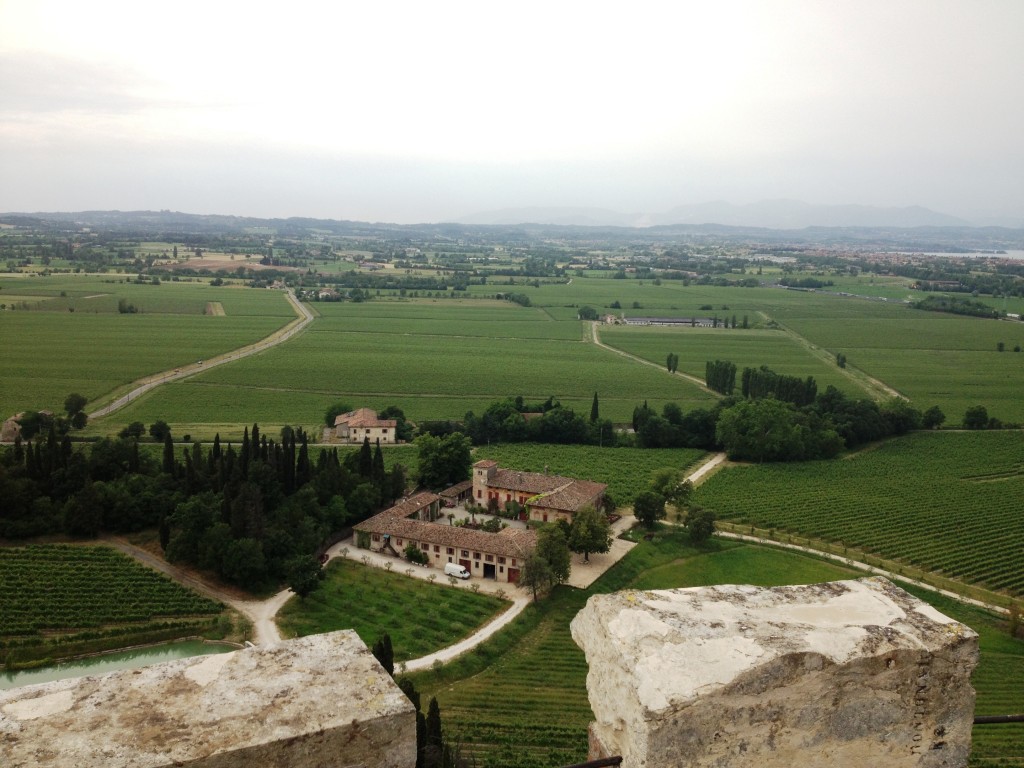

Recent Comments